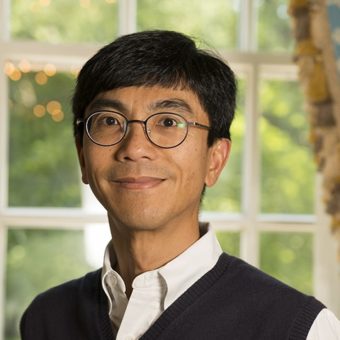Dr. Lo believes his lab has used the Rappaport Research Scholar funds judiciously and bravely to develop the idea of “network neuroprotection.” More specifically, he used this support to perform full gene arrays of neurons subjected to various episodes of metabolic insults. Not only did funding support the principal investigator (PI), but also two young scientists, Drs. Janet Guo and Changhong Xing, whose research is in the same field.
For almost two decades, almost all neuroprotective strategies have focused on single mechanisms and single targets. Dr. Lo’s basic hypothesis is that this approach will result in neurons that are alive but not normal. His pilot data suggested that by using whole gene arrays, we may be able to catalog entire functional networks of neurons after damage and rescue. This first year, he has continued to build on these data. Via collaborations with the Broad Institute, he is now defining specific gene networks that might be involved in neurovascular injuries after stroke.
Despite dwindling funds from the National Institutes of Health (NIH) over the past ten years, Dr. Lo hopes to continue to collect new data and build his case. Eventually, he hopes to present this new “network neuroprotection” idea directly to the director of the National Institute of Neurological Disorders and Stroke (NINDS), where he is currently a Jacob Javits Neuroscience Investigator. He plans to leverage the Rappaport-supported science into a large new multi-PI grant application within the next two years.
Dr. Lo received the prestigious Thomas Willis Award for basic science investigations and management of stroke from the American Stroke Association at its International Stroke Conference 2013. The Willis Award recognizes an American Heart Association Stroke Council Fellow who has “actively engaged in and has made significant contributions to basic science research (animal/cell models) in stroke.”
